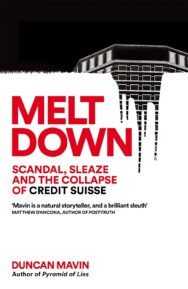German automotive industry at a crossroads
Kategoria: Business
It’s clear that hostility towards Wall Street is increasing. Considering the well documented role that banks and brokers played in creating the mess we are in and the ways in which they manipulated the post-crisis clean-up to their advantage, the only real surprise is that it’s taken so long.
One reason, of course, is money. The financial sector has spread lots of it around, both in Washington, where their efforts have stalled, diluted, or killed hearings, initiatives, and legislation that are in the public interest, and in the media, where the industry has, until recently at least, been among the biggest advertisers.
However, with more and more Americans feeling angry and hard done by, Wall Street’s largesse no longer speaks as loudly as it used to. Fearful of a voter revolt, Washington is beginning to rethink its industry-friendly stance. Instead, they are heeding the populist call, summed up quite nicely by Washington’s Blog in „Is America Finally Starting to Stand Up To Wall Street?”
At the same time, the media is taking its watchdog role a bit more seriously — though there’s still a way to go, to be sure. The industry is also realizing that efforts which tap into a darkening zeitgeist could have an upside: boosting audiences and putting them on the right side of the shifting social mood. With that in mind, I expect we’ll see many more critiques, exposes, and investigative reports like the one PBS-TV’s Frontline is broadcasting tomorrow, entitled „The Card Game”:


